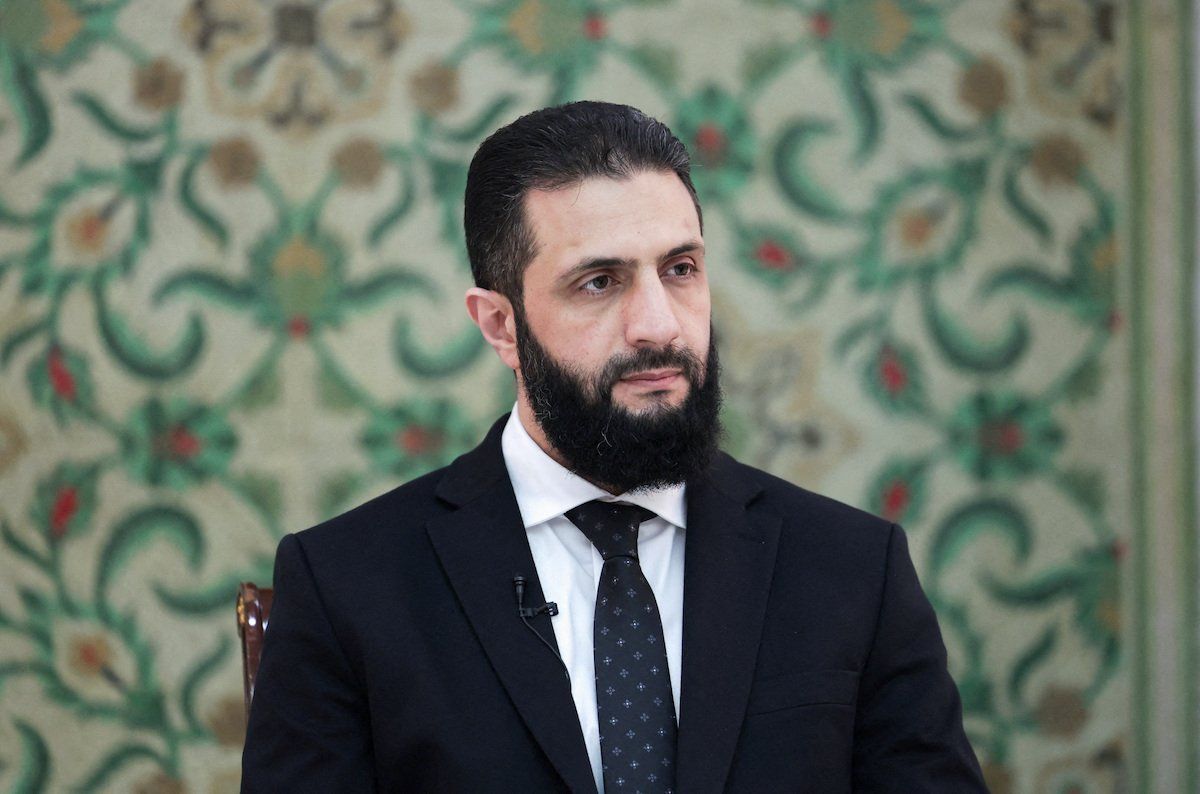Two top officials of Palestinian Islamic Jihad were arrested “without explanation” in Syria, according to the Palestinian militant group. The detentions occurred, PIJ said, “in a manner that we did not wish to see from brothers.” The two men have reportedly been held since last week.
The background: The Assad regime in Syria was both haven and backer of Palestinian armed groups for decades. In December, it was toppled by militants led by Hayat Tahrir al-Sham, a jihadist group with al-Qaida roots.
Since then, HTS leader Ahmad al-Sharaa, now Syria’s interim president, has styled himself as a statesman focused on rebuilding a country wrecked by nearly 15 years of civil war and mass emigration. He has had to contend with sectarian tensions, Israeli incursions and airstrikes, and longstanding US sanctions that remain in place.
That last bit explains the timing of the arrest. The US recently sent Damascus a list of conditions for sanctions relief, which included cracking down on Palestinian militants and icing out Iranian influence.
Palestinian Islamic Jihad’s longstanding ties to Tehran, therefore, make it “a low-hanging fruit and a win-win with the US,” says Firas Maksad, Middle East director at Eurasia Group.
But will that fruit be sweet enough for Trump? “The single most important thing al-Sharaa has to do is stabilize the country, and for that he has to get financial assistance,” says regional expert Hani Sabra, founder of Alef Advisory.
A Syrian delegation is in Washington this week for sanctions relief talks on the sidelines of the IMF Spring Meetings.
It’s a delicate dance: His financial needs are acute, but “Al-Sharaa can’t be seen to be doing every single thing that Western powers want him to do,” says Sabra.
“The last thing he wants is to seem like just another lackey.”
